Scientists Say
A weekly word defined, in a sentence and in context.
-
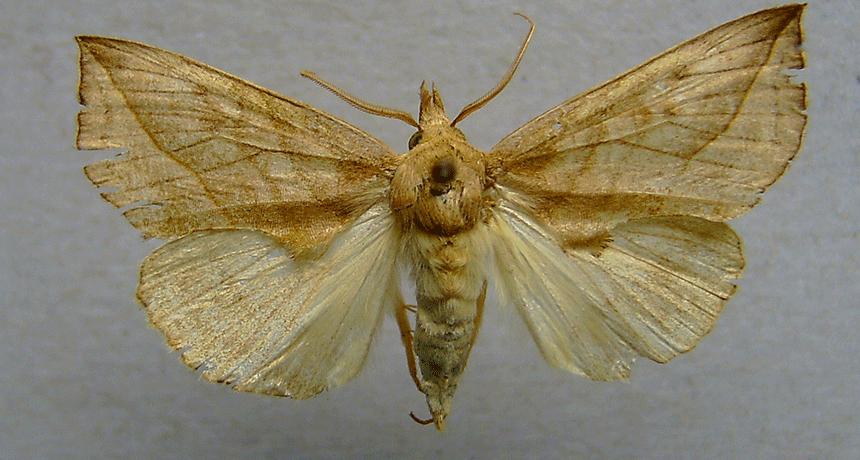 Animals
AnimalsScientists Say: Vampire
Human vampires are found only in fiction. But vampire bats and moths are the real thing. These animals love the taste of blood, and some can’t live without it.
-
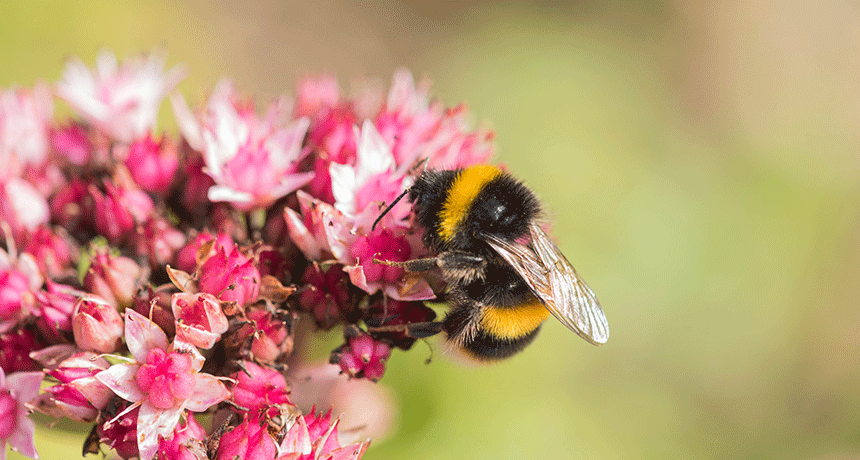 Chemistry
ChemistryScientists Say: Gradient
This is a word used to describe the rate that something changes over a distance or time. Examples include the strength of a smell or the steepness of a mountain.
-
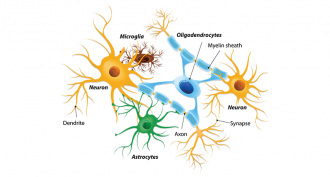 Brain
BrainScientists Say: Glia
Scientists used to think glial cells did nothing more than glue the brain together. Now we know they do much, much more.
-
 Tech
TechScientists Say: Radar
This is a system used to detect objects large and small. It works by sending out radio waves and waiting for them to bounce back.
-
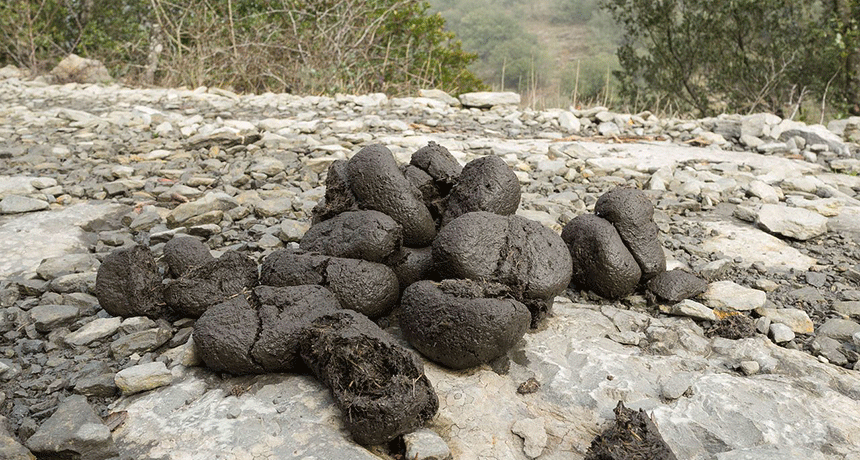 Animals
AnimalsScientists Say: Dung
This word is used to refer to animal poop. You know, manure. Crap. Feces.
-
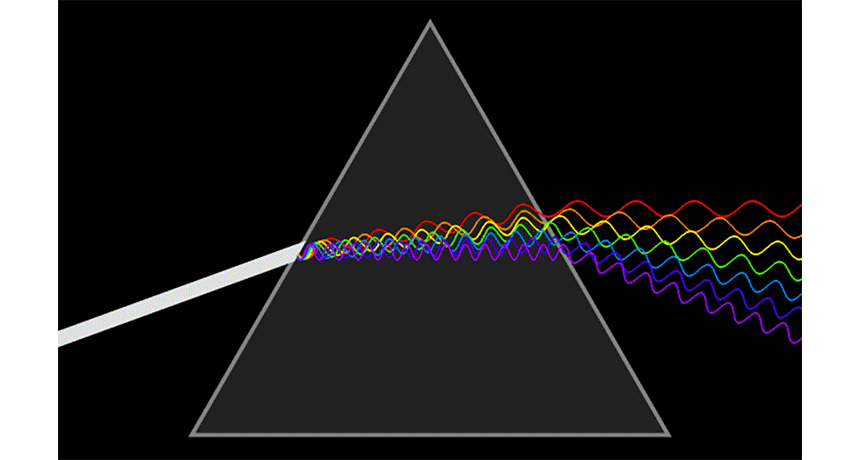 Physics
PhysicsScientists Say: Refraction
Light or sound may bend as it travels from one medium, such as air, to another, such as water. This bending is called refraction.
-
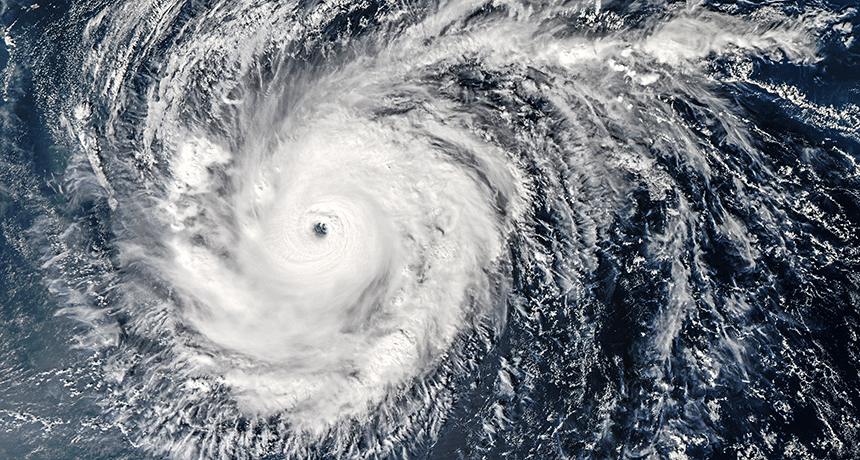 Climate
ClimateScientists Say: Weather bomb
Weather doesn’t just affect the air. Huge storms can send waves of pressure through the Earth as well.
-
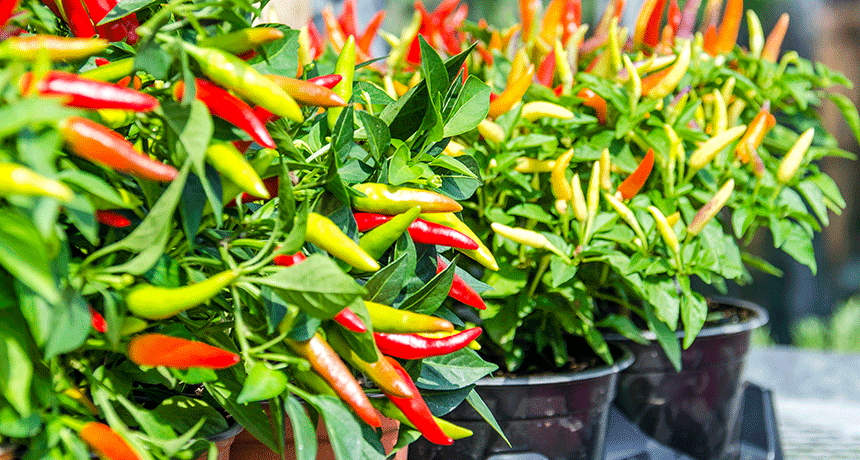 Chemistry
ChemistryScientists Say: Capsaicin
This chemical is produced by pepper plants and gives them their hot flavor.
-
 Chemistry
ChemistryScientists Say: Graphene
This is a single layer of carbon atoms, linked to each other in a flat sheet. It’s super strong, super flexible and conducts current, too.
-
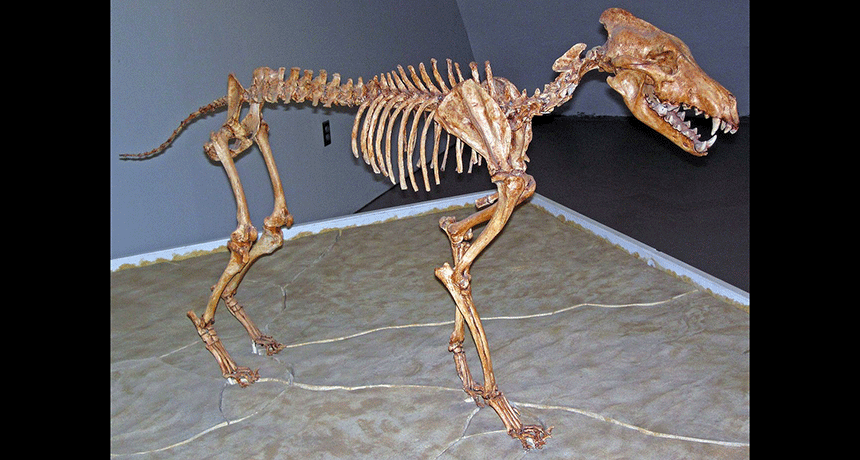 Animals
AnimalsScientists Say: Dire wolf
Dire wolves are an extinct species of wolf that roamed North America from about 300,000 to 12,000 years ago.
-
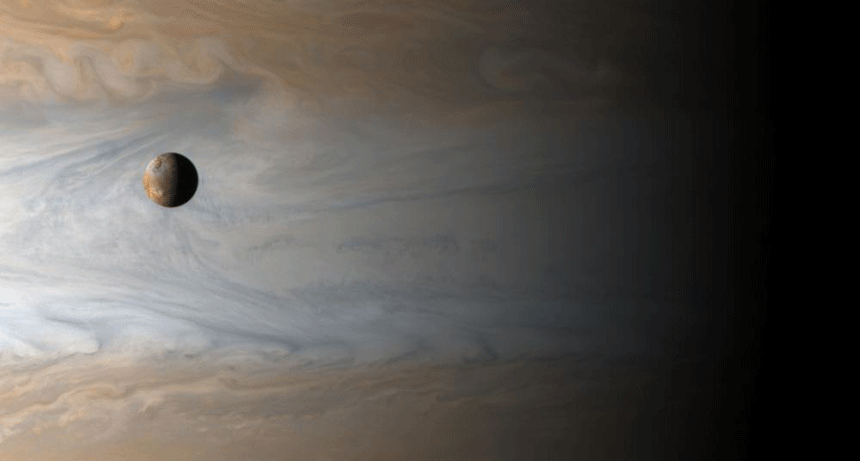 Space
SpaceScientists Say: Transit
When an object in space passes in front of a star and looks big enough to block out all the light, it’s an eclipse. When it’s smaller, it’s called a transit.
-
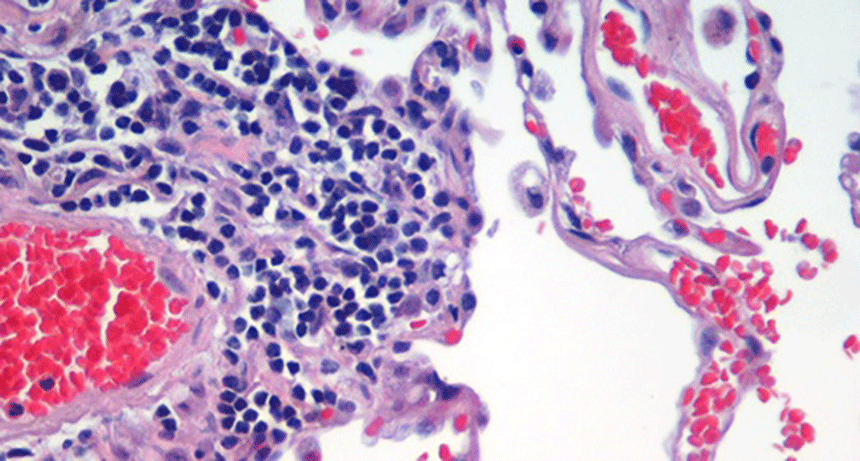 Life
LifeScientists Say: Histology
When scientists study the parts of an animal or plant, they are studying anatomy. When they need a microscope to see the details of that anatomy, they are studying histology.